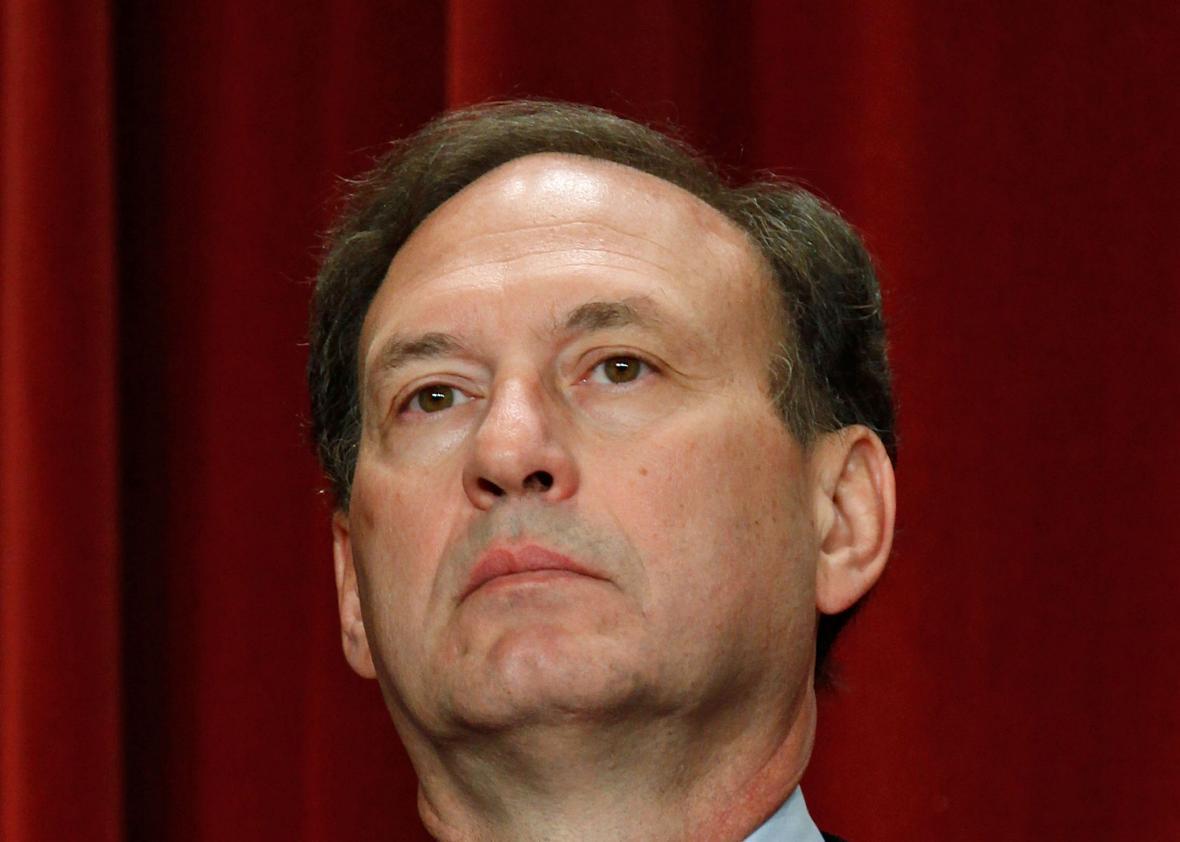Late last month, the Supreme Court agreed to hear a case that could deliver a fatal blow to the financial health of already-imperiled public-employee unions. In Friedrichs v. California Teachers Association, Rebecca Friedrichs, a public school teacher in Orange County, along with nine other teachers and the Christian Educators Association, filed a suit objecting to the agency, or “fair share,” fees they’re required to pay to the CTA.
As it currently stands, California teachers cannot be forced to join the CTA, which the Supreme Court has ruled would violate the freedom of association guaranteed by the First Amendment. But even those teachers who decline union membership must still pay a fee to cover the cost of “collective bargaining, contract administration, and grievance adjustment purposes,” a compromise established in 1977 by a unanimous Supreme Court ruling in the similar-looking Abood v. Detroit Board of Education.
The idea is that because all public employees benefit from their union’s negotiations for, say, higher wages and better working conditions, they should all pay for it, regardless of how they feel about the union philosophically or politically. The non-union teachers still pay “forced dues” of about $850, or two-thirds the cost of a full union membership. The other third goes to the lobbying arm of the union, which tends to favor Democratic candidates overwhelmingly.
Over the past few years, Justice Samuel Alito has strongly signaled that he’d like to see Abood overturned, and the right-wing Center for Individual Rights seems to have hand-crafted this latest case to his specifications. The problem with forced dues, the CIR argues, is that you can’t so cleanly separate the overt political lobbying from the union’s other functions:
Requiring teachers to pay these “agency fees” assumes that collective bargaining is non-political. But bargaining with local governments is inherently political. Whether the union is negotiating for specific class sizes or pressing a local government to spend tax dollars on teacher pensions rather than on building parks, the union’s negotiating positions embody political choices that are often controversial.
Friedrichs and her co-plaintiffs—represented by the same lawyer who brought the most recent challenge to Obamacare—are arguing that the fair-share requirement is a violation of their First Amendment rights, since they’re being forced to fund causes they may not support, everything from tenure protections to gun control. (A side issue is that the small minority of nonmembers—in California, less than 10 percent of the state’s roughly 300,000 teachers—miss out on some major frills, like life and disability insurance and a vote in union elections.)
So what’s at stake here for education? If the court finds that teachers no longer have to pay the fair-share fees, as many worried unions fear that it will, the union (and other public-sector unions like it all over the country) will lose a great deal of its negotiating leverage and potentially wither into insignificance, especially since many current union members may decide to stop paying dues. After all, the cost difference between a full membership and a fair-share fee is relatively minor, and the difference between a full membership and zero is not.
If the court sides with the plaintiffs, California will become a right-to-work state for teachers. That usually translates to diminished job security, fewer benefits, and lower wages. Forty-three kids in your second-grade classroom? Too bad. Out of school supplies and it’s only October? Buy them yourself.
It’s Scott Walker’s version of manifest destiny, basically.
